On Friday 3 March last year, the 250 staff of Glasgow-based Mortons Rolls learned they were being made redundant with immediate effect.
News of the closure of Mortons, which at the time produced some two million bread rolls a week, brought an outpouring of sympathy and dismay. Local MP Paul Sweeney tweeted: “Mortons rolls produces a celebrated national product enjoyed by millions of Scots.”
Two weeks later came the update that the supplier was being rescued by a consortium of investors led by local businessman John McIlvogue. Having since taken full control of Mortons through his company Phoenix Volt Ltd, McIlvogue now serves as its managing director. He spoke to British Baker about the first 17 months of trading.

A priority for the new owners was investment in Mortons’ factory, located in the northwest Glasgow district of Drumchapel, which McIlvogue had previously described as antiquated. “The overhaul has been a long process as, with no help from our government to date, we have invested a lot of money into our equipment,” he says.
McIlvogue estimates that more than £500k has been spent so far, with all roll plants upgraded, ovens improved, and the hotplate overhauled. The business has also started a programme of replacing its fleet, with each vehicle costing around £45k.
Morton’s last company accounts under its previous ownership, for the year to March 2021, showed a loss of £262,000 on £11.8m turnover. McIlvogue says the new business has already turned a profit.
“The first year’s financial data will be confirmed soon, but I can safely say we have made a sensible profit in year one and, considering the investment I have put into the business, this is a great result,” he explains, adding that he intends to continue to invest in people and infrastructure.
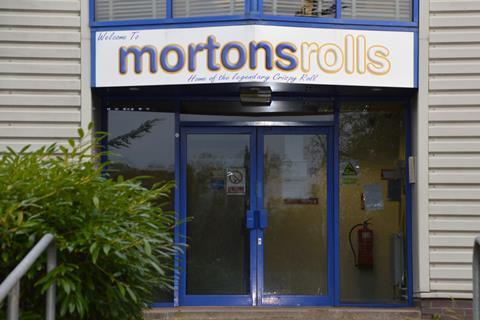
Mortons currently has around 120 staff – less than half the number employed when the former business collapsed – and McIlvogue says this will grow as needed.
“The team here have responded to new challenges with relish, and we have a ‘make the best quality’ mantra,” he notes. “This, coupled with the machines to do the job, means we will be in a very good position moving forward.”
Although he won’t give specifics, McIlvogue says production output is ahead of target and that he plans to build it back up to Mortons’ previous level.
“It is our intention over the next few years to go back to the previous capacity but in a different way altogether,” he asserts. “Over time, I am sure we will surpass previous volume, but only on our terms.”
Those terms include a focused product range, which has meant dropping some confectionery lines to concentrate on potato scones and the much-loved bread rolls. “Over the last year we have slowly introduced some confectionery lines – products our customers requested – and have plans to introduce some NPD,” reveals McIlvogue.

A major change has been in distribution strategy, with Mortons no longer supplying its brand to the multiple retailers, mainly in the discount sector. It currently only supplies independent retailers, symbol groups, coffee shops, snack bars, and caterers.
Those customers can be found from west to east Scotland, and the brand is particularly strong across the central belt. “Our intention is to ensure we cover each area fully before we move out of the current ones we supply,” explains McIlvogue, adding that Edinburgh is a target for expansion.
But growth will come on a timescale that suits the business.
“This way the business stays profitable, and we will see constant growth across our portfolio,” he says, adding that Mortons could potentially supply multiples with products it can make in volume and under a separate brand. “Our aim is to give everyone the best service possible, and this will continue.”
Longer term, McIlvogue believes the business could expand even further afield, declaring: “It’s our intention for Mortons to be the king of rolls”.



















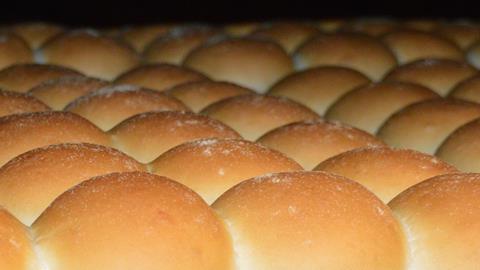

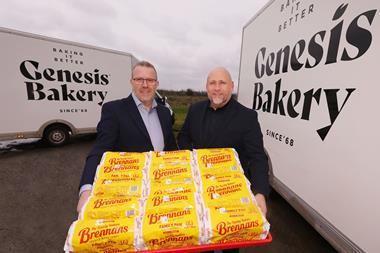





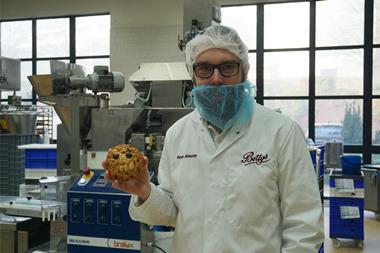

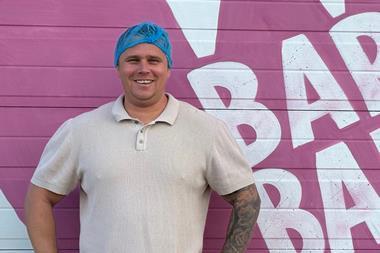
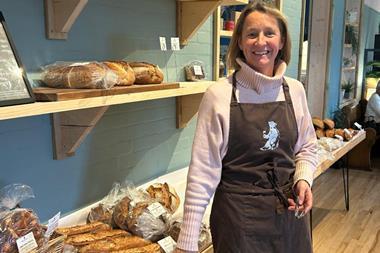


No comments yet